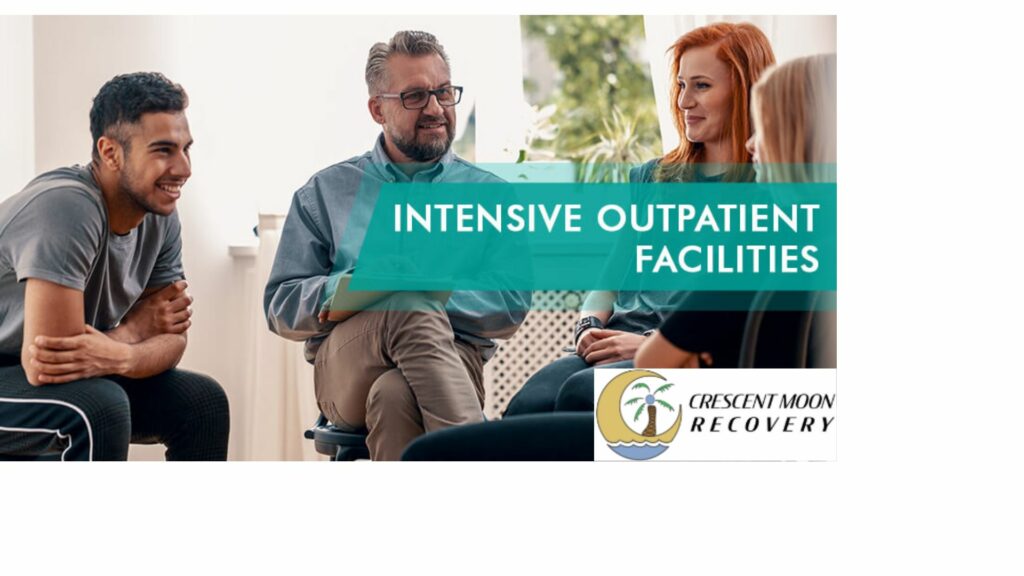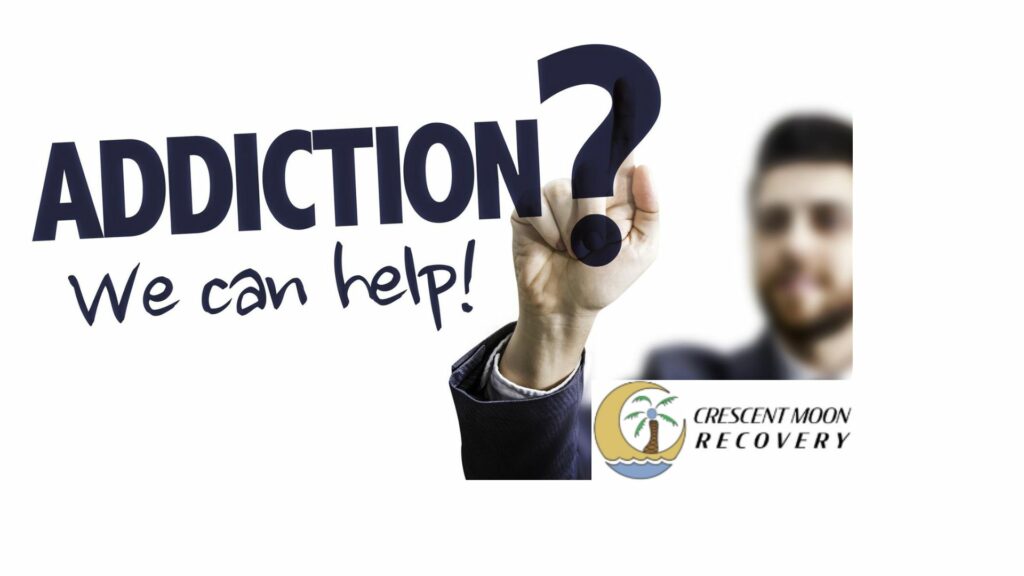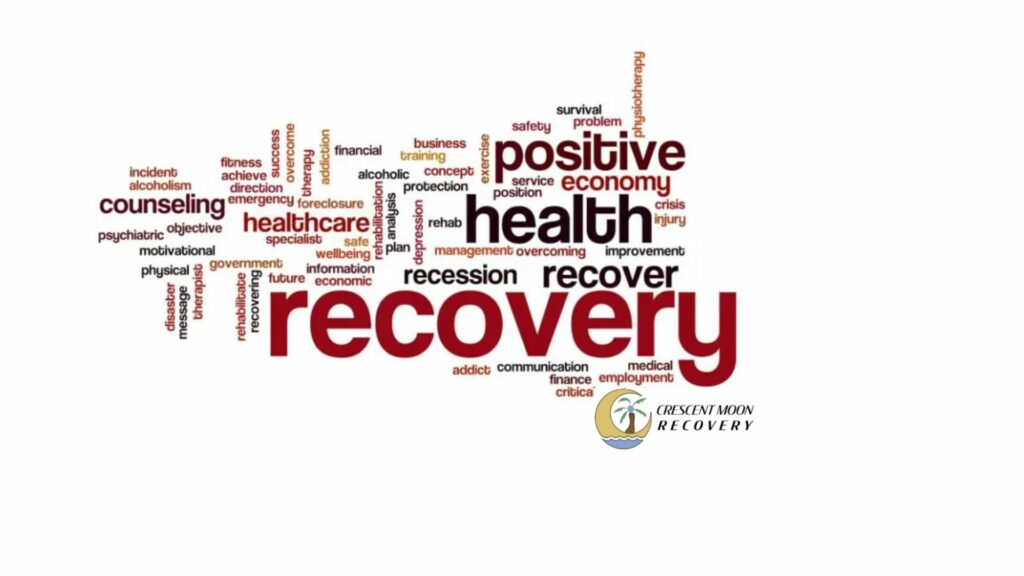How to deal with co-occurring disorders How to deal with addiction when you have depression, anxiety, or other mental health problems.

A co-occurring diagnosis is when you have a combination of a substance abuse problem and mental health issues like depression, bipolar disorder, anxiety. It is not easy to deal with drug addiction, alcoholism, or substance abuse.
Co-occurring disorders are when both the mental illness and the drug addiction cause problems. These symptoms can affect your ability to work, school, socialize, manage life’s challenges, and to relate to others. The co-occurring disorders can also impact each other, making the situation even more complicated. If a mental illness is not treated, substance abuse problems can often get worse. Mental health problems often worsen when there is more alcohol and drug abuse.
More people are aware of co-occurring mental health problems and substance abuse issues.
According to the Journal of the American Medical Association, about 50 percent of people with severe mental disorders are affected or afflicted by substance abuse.
37% of those who abuse alcohol and 53% of drug users have at least one severe mental illness.
29 percent of people who are diagnosed with mental illness abuse drugs or alcohol.
Although substance abuse and mental health problems don’t get any better if they’re not addressed, they can get worse. There are ways you can overcome your demons and restore your relationships to get on the path to recovery. You can overcome co-occurring disorders, regain your self-esteem, and get your life on track with the right support and self-help.
Although substance abuse and mental disorders like depression and anxiety are often linked, one is not necessarily the cause of the other. Long-term psychotic reactions can be caused by long-term use of drugs like marijuana and methamphetamine, while drinking alcohol can worsen anxiety symptoms.
Many people use drugs and alcohol to treat their mental health issues. Many people abuse drugs or alcohol to manage symptoms of undiagnosed mental disorders, cope with difficult emotions or temporarily change their mood. Self-medicating using drugs or alcohol can have side effects that often lead to worsening of the original symptoms.
The risk of developing mental disorders can be increased by alcohol and drug abuse. Mental health issues are complicated and influenced by genetics, environment, and many other factors. It’s hard to know if substance abuse directly causes them. If you have a mental disorder, you may be at greater risk by using alcohol or other drugs. There is evidence to suggest that people who use opioid painkillers are more likely to develop depression. Heavy cannabis use has also been linked with schizophrenia.
Addiction to alcohol or drugs can worsen symptoms of mental illness. Substance abuse can increase the severity of mental illness symptoms or cause new symptoms. The abuse of alcohol and drugs can also cause side effects in medications like antidepressants, anxiety medication, mood stabilizers and mood medications. This will make them less effective and slow down your recovery.
It is not always easy to recognize a dual diagnosis. It can take time to determine if you have a mental disorder or a problem with drugs or alcohol. There are many signs and symptoms that can be associated with a mental disorder, such as alcohol abuse, drug addiction, and prescription medication abuse. The signs and symptoms of marijuana abuse and depression could be very different from those of schizophrenia or alcohol abuse. There are certain warning signs that may indicate that you might have a co-occurring disorder.
Both substance abuse and mental illness are common causes of denial. Sometimes it can be difficult to admit that you are dependent on drugs or alcohol and how they impact your life. Symptoms such as depression, anxiety and bipolar disorder can also be scary. You may ignore them hoping they disappear. You may feel ashamed of your condition or fear of being seen as weak if it is revealed.
Substance abuse and mental illness can affect anyone. Recognizing that you have a problem is the first step to getting help.
Prescription medications, such as opioid painkillers and ADHD medications and sedatives), street or recreational drugs (such marijuana, methamphetamines and cocaine), as well as alcohol (beer and wine) and liquor (such as beer, wine, or liquor). However, substance abuse is not determined by the drug or alcohol you consume. It is more about the impact of your drug and alcohol use on your life, relationships, and your personal life. If your drinking or drug abuse is causing you problems, then you may have a substance abuse problem.
These questions can help you identify signs of substance abuse. Your drinking and drug use is more likely to be a problem if you answer “yes” more often.
Depression, bipolar disorder, anxiety disorders, and other mental health issues are the most common co-occurring with substance abuse.
Common signs and symptoms of bipolar disorder include mania.
Schizophrenia and Borderline Personality Disorder are other mental disorders that often co-occur alongside substance abuse or addiction.
A holistic approach to co-occurring disorders, in which both the mental disorder and the substance abuse problem are treated simultaneously, is the best. No matter which disorder you have, your long-term recovery will depend on receiving treatment from the same team or provider for both. Your specific needs may vary.
Your treatment options for mental illness include medication, group or individual counseling, self-help measures and lifestyle changes. Peer support is also available.
Your treatment for substance abuse could include detoxification, management of withdrawal symptoms, behavioral therapy, as well as support groups to maintain sobriety.
Remember: There is always hope. Both mood disorders as well as alcohol and drug abuse problems can be treated. It takes courage and commitment to recover from co-occurring disorders, but substance abusers and those with mental health problems can get better.
It is important to stay sober throughout treatment. Mixing medication with alcohol or other drugs may have dangerous side effects if your doctor has to prescribe medication. Talk therapy can be less effective if you are under the influence of alcohol or drugs.
Recognize that you will have to make mistakes in order to recover. Relapses are normal and not something to be discouraged about. Slips and setbacks are normal. However, most people can overcome them and get on with their recovery.
Peer support can help. A self-help group like Narcotics Anonymous or Alcoholics Anonymous may be a good option. You can learn from others and get support by joining a support group.
The right treatment program is essential
You should ensure that the program has been properly licensed and accredited. The treatment methods used are supported by research and there is an aftercare program in place to prevent relapse. You should also ensure that the program has had experience treating your specific mental health condition. For example, some programs may have had success in treating anxiety or depression, but not schizophrenia and bipolar disorder.
While there are many treatment options, you need to know the basics of effective treatment.
Both the substance abuse problem as well as your mental health problem can be treated.
Participate in decision-making and actively participate in setting goals and implementing strategies for change.
Basic education about your condition and any related issues is part of treatment.
Healthy coping strategies and strategies are taught to help you manage stress, problems, and upheavals.
The right program will help you:
Consider the impact that drugs and alcohol have on your life. You should discuss this confidentially without fear of being judged or having to deal with any negative consequences. These discussions are confidential and do not have to be tied to any legal consequences.
Find out more about alcohol and drug interactions, including how they affect mental illness and medication.
Find employment and other services that can help you in your recovery process.
Your personal recovery goals should be identified and developed. A counselor who is trained in dual diagnosis can help you identify and develop your personal recovery goals.
Dual diagnosis sufferers can benefit from specialized counseling. You can do this individually, with a group of friends, with your family or in combination.

Co-occurring disorders are a problem for veterans. Combat stressors and deployment can lead to underlying mental disorders being worsened. Substance abuse is common among military veterans who suffer from PTSD.
These problems can take some time to manifest after a vet has returned home. They may initially be misunderstood as readjustment. It is important to seek treatment for co-occurring disorders that are not treated. They can cause major problems at work, home, and in your everyday life.
There are many self-help options that you can use to help with your mental and substance abuse issues. Recovering from substance abuse and mental health issues is just the beginning. Your sustained recovery is dependent on continuing mental health treatment. You will also need to learn healthier coping strategies and make better decisions when facing life’s challenges.
Learn how to manage stress. Misguided efforts to manage stress often lead to alcohol and drug abuse. It is inevitable that stress will be a part of our lives. Therefore, it is important to develop healthy coping skills to deal with stress without resorting to drugs or alcohol. You can prevent relapse by learning stress management skills.
Cope with your feelings. To cope with difficult emotions and memories, many people resort to drugs or alcohol. Although you may believe that drugs are the only way to deal with unpleasant emotions, HelpGuide’s Emotional Intelligence Toolkit will help you to manage difficult emotions without resorting to drug addiction.
Know your triggers, and create an action plan. It is important to recognize signs of illness when you are dealing with mental disorders. Stressful events, major life changes, and unhealthy eating or sleeping patterns are all common causes. To prevent a relapse, it is important to have a plan. Whom should you speak to? What can you do to prevent yourself from falling?
Face-to-face contact with family and friends should be a priority. The fastest way to calm your nervous systems is to have positive emotional connections with those you love. Make it a point to spend time with people you care about. It doesn’t matter if you don’t know anyone, it’s never too late for you to make new friends and form meaningful friendships.
Follow your doctor’s instructions. You might feel more well once you have gotten sober. Relapse is common among people with co-occurring conditions. Before making any changes to your treatment or medication regimen, it is important that you consult your doctor.
Exercise regularly. Regular exercise is a natural way of reducing stress and anxiety and improving your mood and outlook. For the best results, you should aim to do at least 30 minutes of aerobic exercise each day.
Practice relaxation techniques. Regular practice of relaxation techniques, such as mindfulness meditation, progressive muscles relaxation, deep breathing, and mindfulness meditation can help reduce stress and anxiety symptoms. It also increases feelings of relaxation, emotional well-being, and emotional well being.
Healthy eating habits are important. Start your day with breakfast and then eat small meals throughout the day. Low blood sugar can lead to anxiety and stress. Your mood can be lifted by eating enough healthy fats.
Sleep enough. Lack of sleep can lead to depression, stress, anxiety, and anxiety. Try to get 7 to 9 hours of quality sleep each night.
You will need to create a new and meaningful life that doesn’t allow substance abuse.
Find new hobbies and interests. Find hobbies, volunteer work, or work that gives meaning to your life. You’ll feel happier about yourself if you do things that you enjoy and substance abuse will be less appealing.
Avoid situations that can trigger your desire to use. Avoid people, places and activities that trigger your cravings for drugs or alcohol. This could mean that you have to make major changes in your social life.
Groups are helpful for maintaining sobriety and also provide a safe space to receive support and discuss problems. Some co-occurring disorder treatment programs offer groups that meet regularly aftercare. You may be referred by your doctor or other treatment provider to a group that is for people with co-occurring disorder.
It’s best to join a group that addresses both your substance abuse and your mental illness. Twelve-step groups for substance addiction can be very helpful. They’re also more common so it’s easier to find one near you. These peer-facilitated programs are free and offer support in the form of group support as well as a set guiding principles (the 12 steps) to help you achieve and keep sobriety.
Make sure that your group accepts the idea of co-occurring disorder and psychiatric medication. These people may misunderstand psychiatric medication to be another type of addiction, even though they are well-intentioned. You need a safe place where you feel secure and not under pressure.
It can be difficult to help someone who has both a substance abuse problem and a mental illness. Resistant treatment is common, and it can take a long time to recover.
Accepting what you cannot do is the best way to help someone. It is impossible to force someone to stay sober. Nor can you force them to take their medication or attend appointments. You can make positive choices for yourself and encourage your loved ones to seek help. Be supportive, but don’t let yourself lose sight of the fact that you are trying to support them.
Get support. It can be difficult and overwhelming to deal with the mental illness or substance abuse of a loved one. You need the support and emotional help you need to get through this difficult time. Talk to someone you trust about your feelings. You can also get therapy and join a support group.
Set boundaries. You must be realistic about how much care you can provide without making the person feel overwhelmed or resentful. You should set limits and be consistent about limiting disruptive behavior. It is not healthy to let co-occurring disorders control your life or the lives of your loved ones.
Learn as much as you can. Learn as much as you can about the mental health of your loved one, as well as treatment for substance abuse and recovery. Understanding your loved one’s situation will help you support their recovery.

Be patient. Recovery from co-occurring conditions takes time. Relapses are common and recovery is an ongoing process. As you work towards recovery, it is important to have ongoing support for your loved one. However, you can overcome this difficult time together and regain control over your life.
© 2023 Crescent Moon Recovery: Alcohol & Drug Rehab Centers Orange County, LLC. All Rights Reserved. Website by Irvine Web Design